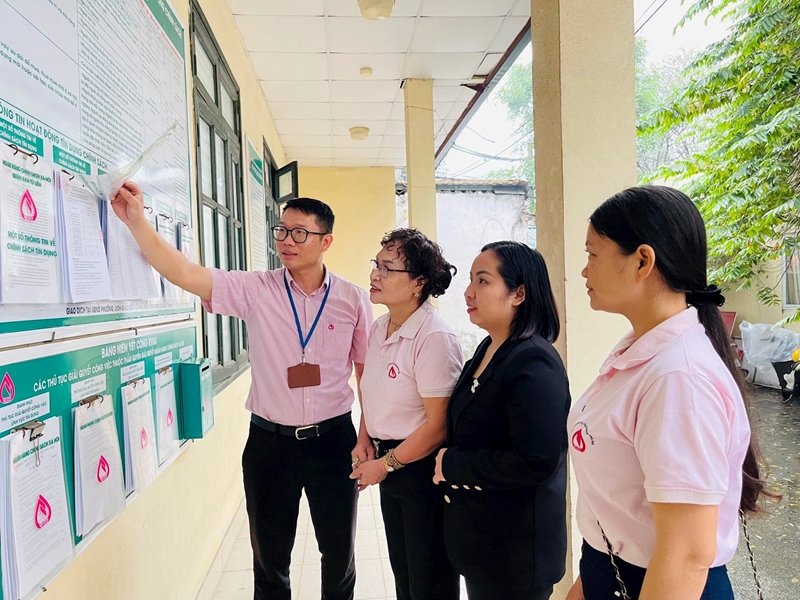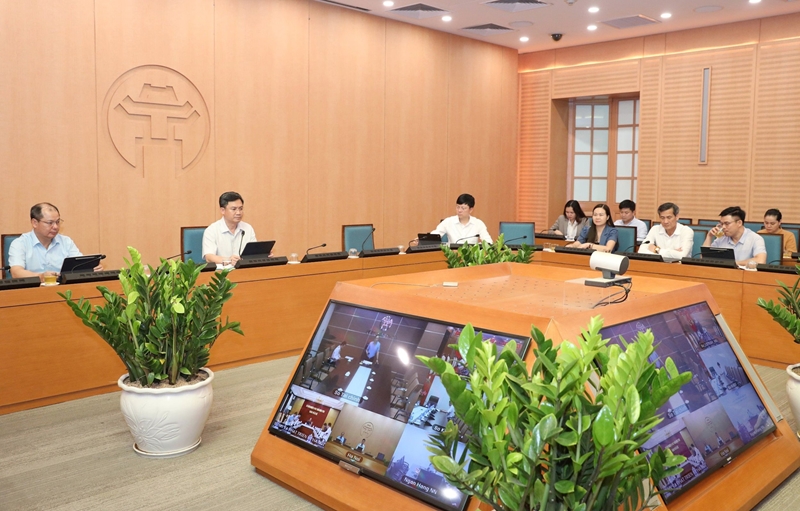In his speech at the event, Director of the VBSP’s branch in Hanoi, Pham Van Quyet, said that in the first quarter, the branch disbursed loans to more than 30,000 customers. Policy credit programs disbursed through VBSP have made an important contribution to socio-economic development of the capital, being effective tools and solutions to achieve the goals of poverty reduction, job creation, new-style rural areas construction and limitations of “black” credit.
 |
| The preferential capital of the VBSP’s branch in Hanoi entrusted through four socio-political organizations accounts for 99.9% of the total outstanding loans. (Photo: hanoimoi.vn) |
Currently, the total outstanding loans balance through four socio-political organizations including: Women's Union, Farmers’ Association, Veterans Association and Ho Chi Minh Communist Youth Union, reaches 14,692 billion VND, with more than 268,000 customers borrowing from 7,074 savings and loan groups, accounting for 99.9% of the total outstanding loans, an increase of 547 billion VND compared to the beginning of the year.
 |
| Overview of the conference. (Photo: hanoimoi.vn) |
Chairing the meeting, Vice Chairman of the City People’s Committee Ha Minh Hai requested VBSP to accept comments to develop a more complete and specific report; evaluate implementation results compared to the previous and set specific tasks and targets for the next quarter.
At the same time, the branch should coordinate with relevant departments, branches and agencies to advise the city People's Committee and districts and towns, especially units that have not yet transferred capital in 2024, to continue supplementing entrusted loan capital resources to meet the needs of poor households and other policy beneficiaries.
Banks need to focus on increasing lending levels to customers to match with the demand and actual situation to improve the efficiency of capital use; pay attention to prioritizing capital for poor households, near-poor households, households just escaping poverty, blind people, disabled people and ethnic minorities.
In addition, they are requested to review needs, focus on lending to OCOP subjects, and lending to labor needs in craft villages, production and business establishments in the city./.